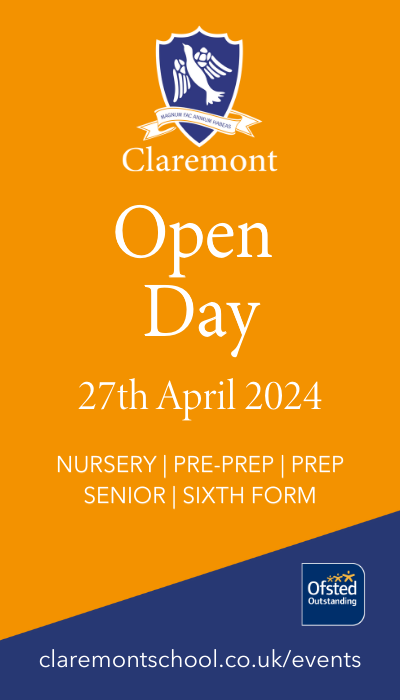In 2011, a survey of 2,500 people revealed that 91 per cent of volunteers and 88 per cent of youth members stated that Scouting had helped them develop key skills including social, team-working and leadership skills; and that six-out-of-ten employers said, “Scouts showed respect for others, which was important when working with peers, customers and clients.”
Earlier last year, a report from the UK think-tank Demos demonstrated that non-formal education activities like art and drama, volunteering and social action, outdoor activities, and debates are an important way of delivering character education, and are thus essential for young people in developing key skills to succeed in life.
The research team, who conducted fieldwork and surveyed about 4,000 people across the UK, outlined that Scouting has a positive impact on young people’s attitudes towards school and that they have increased confidence in their character traits compared to those not in Scouting. For instance, 75 per cent of Scouts strongly agreed that when a problem comes along they enjoy finding a way to fix it, compared to 42 per cent of non-Scouts; 49 per cent of Scouts felt highly confident talking in front of large groups of people, compared to 28 per cent of non-Scouts; and 25 per cent of young people not in Scouting said that most of the time they don’t want to go to school, compared to only 13 per cent of Scouts.
The report acknowledges important inequalities in term of access to non-formal education activities, with people eligible for free school meals being less likely to report participating in those in every context, whilst saying they want more. In terms of activities within school, only half or less think that they are provided with enough opportunities for outdoor activities (51 per cent), volunteering and social action
(41 per cent) and uniformed activities (21 per cent). This is even starker for young people from state schools compared to fee-paying schools: for instance, 82 per cent of fee-paying secondary school students felt their establishment provides enough opportunities for outdoors activities, compared to only 49 per cent of state secondary school students.
Nigel Taylor from the Scout Association says: “In 2015 the Department for Education launched a £3.5 million Character grant fund to support schools, colleges and third sector organisations in the development of character education programmes. In addition to character education being firmly placed on the Government’s agenda, the project is in line with our Scouting for All vision to promote growth and inclusivity. We are delighted to be working with the Department for Education on a project that recognises the valuable role of non-formal learning and the expertise that we hold in this area. There is strong evidence that non-formal education can help young people to build character. However, equality of access to non-formal learning opportunities varies greatly, particularly within low participation neighbourhoods. At The Scout Association we wanted to offer young people more access to these opportunities whilst at school, allowing a larger number of young people to enjoy the benefits of Scouting.”
A spokesperson from the Department for Education says: “The Department for Education commends the work of the Scout Association which supports the development of character and resilience in young people. That is why we are funding them to work in schools around the country – such as Belmont Castle Academy – so that even more young people benefit from the work they do.”
Today about half a million young people across the UK get the opportunity to shape their character, learn new skills and have fun whilst making friends and enjoying everyday adventures.
You may also like
Perfect Pitch
Mike Piercy, education consultant and former Head of The New Beacon, sings the praises of music in education What exactly is it that drives parents to make huge sacrifices by sending their children to independent schools? Different families have different...
‘It’s not fair!’
Mike Piercy, education consultant and former Head of The New Beacon, explains the importance of winning and losing with good grace The beefy second row lay prone, groaning, as the pack lumbered away. “Get up, Darling!” I cried. Opposition spectators...
Performance Power
Eastbourne College and Bede’s School discuss opportunities which give their students time to shine Director of Music at Eastbourne College, Dan Jordan, sings the praises of music at the school. It is 6.30pm, the night before a well-needed half-term holiday....















